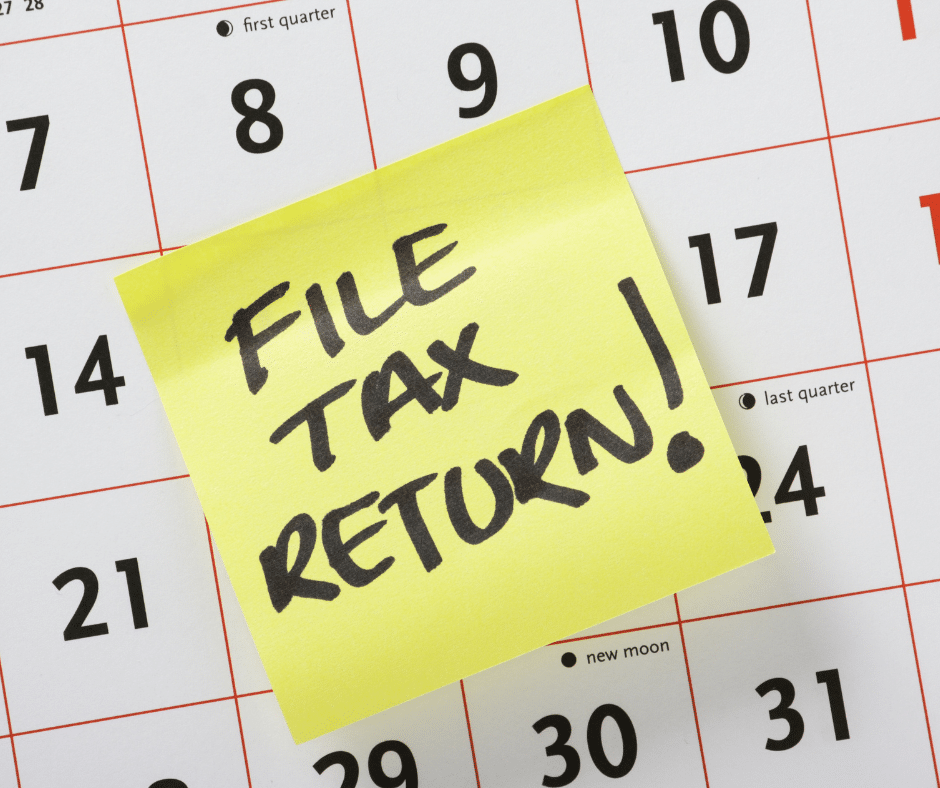New Zealand businesses have continued to face mounting economic challenges during the last few years. Earthquakes, cyclones, a pandemic, recession, and frequent official cash rate (OCR) hikes have taken their toll on many.
Yet, in the midst of these hardships, IRD continues to demand its dues and case unpaid tax.
Recent data shows New Zealand has witnessed a spike in company receiverships and liquidations. Casualties include prominent players in the retail and construction sectors.
Not every receivership or liquidation can be attributed to IRD’s actions. However, many are as IRD is often the main creditor in insolvency cases. IRD takes a firm stance against taxpayers who fail to meet their tax obligations in a timely manner.

Indications suggest New Zealand’s economy will endure ongoing challenges in the foreseeable future.The likelihood of worsening conditions before any improvement is anticipated. Some analysts indicate the OCR will not fall until at least mid-2025. They further suggest the recession will persist, and inflation and cost of living will remain a constant concern.
Yet even during these trying times, it is imperative to maintain proper tax compliance. Interest on unpaid tax, late payments, and penalties can accumulate rapidly.
This article discusses some ways to help keep you off IRD’s radar.
Avoid Unpaid Tax: File Your Tax Returns
Have you ever been tempted to postpone filing your tax returns when times are tough? Especially when your bank balance has been tight, and you needed to pay your staff, landlord and creditors.
Meeting your filing deadlines is crucial if you want to avoid IRD imposing late filing and late payment penalties.
Penalties can be severe. For example, IRD imposes an initial late payment penalty of 1% applies on tax not paid by the due date. IRD imposes a further 4% late payment penalty if the tax due remains unpaid within seven days of the due date.
After then, a late payment penalty of 1% is added every month on any unpaid balance.
Avoid Use of Money Interest (UOMI)
Use of money interest (UOMI) is an amount IRD adds to unpaid tax balance after the due date. The interest is essentially a penalty for not paying on time. UOMI is also applied when tax is overpaid.
Current rates are 4.67% and 10.91% for underpayments and overpayments respectively.
The relatively high 10.91% interest rate on underpayments serves to discourage untimely payments. It further seeks to deter people using tax as a source of business financing.
Instalment Arrangements for Unpaid Tax
Filing your tax returns on time is important to gain IRD’s favour when requesting an instalment arrangement.
Every taxpayer is obligated to settle their tax liabilities on-time and in full. Late or unpaid tax can quickly snowball, especially when penalties and interest start to accrue.
If you are struggling to meet tax due dates, consider applying for an instalment arrangement to spread your debt payments.
It’s vital to discuss your options with IRD well in advance of your payment deadlines. Typically, you’ll need to propose instalment amounts and start and end dates. IRD may request financial information to support your application.
IRD will expect you to commit to paying your tax as expeditiously as possible. You should not treat the arrangement as a tax holiday or deferment. Initially, IRD may still apply a 1% penalty, instead of potentially 5%.
However, it may later waive penalties and interest if you comply with your agreed arrangement. And repay the original tax liability.
Provisional Tax Payments and Tax Pooling
Provisional tax payments are typically based on an uplift from the taxpayer’s last income tax return.
Do you anticipate your taxable income will be worse in the year ending 31 March 2024 than last year? Paying provisional tax based on the uplift method may not be the most favourable option for your cash flow.
An alternative worth considering is tax pooling. Tax pooling intermediaries maintain tax pooling accounts with IRD. They enable taxpayers to deposit income tax payments into trust accounts. These funds are then transferred to IRD after final tax liabilities are determined.
Tax pooling can prove especially valuable when profits are declining, or payments are missed. You may be able to defer your tax payments, at competitive interest rates. This could ease short-term working capital issues and help align cash flow with seasonal business fluctuations.

During challenging economic times, tax debt frequently exerts additional pressure on finances. Regularly communicating with your accountant will help you navigate the complexities of tax. They’ll discuss your specific needs and work with you to create a tax plan that suits your circumstances.
>> RELATED ARTICLE: We’ve written an article for you explaining how to develop a valuable business relationship with your accountant and what questions to ask them.
Proactive communication will help you avoid penalties, interest, and potential insolvency.
If you are worried about unpaid tax or paying your tax bill on time, please don’t hesitate to contact us.



